Description
Bently Nevada 3500/70M Recip Impulse Velocity Monitor – Targeted impact monitoring for reciprocating machinery
The Bently Nevada 3500/70M is a dedicated Recip Impulse Velocity (IMV) monitor designed for the 3500 machinery protection system. From my experience, it’s the go-to card when you want early visibility of valve, ring, and crosshead faults on reciprocating compressors and pumps—without drowning your team in noise from normal machine dynamics. It processes seismic acceleration signals and derives impulse velocity to expose short-duration impact events that conventional velocity or RMS vibration often misses.
Company’s Order Placement Process and Guarantees
- Warranty: 365 days
- Delivery: 1 week if in stock; no more than one month at the latest
- Payment: 50% advance payment; full payment prior to delivery
- Express options: FedEx, UPS, DHL
Key Features
- Purpose-built IMV processing: Derives impulse velocity from acceleration to highlight impact-type faults typical in reciprocating assets.
- Four-channel monitoring: Typically supports up to 4 seismic accelerometer inputs for multi-point coverage on cylinders, frames, or distance pieces.
- Buffered outputs: Convenient buffered transducer outputs for portable data collectors and diagnostic tools.
- Integrated protection: Two setpoints per channel (Alert and Danger) feeding the 3500 rack’s voting and relay logic for trip/alarm schemes.
- System 1 connectivity: Trending and diagnostics available via the rack’s TDI, so your reliability team can analyze impact events over time.
- Drop-in within 3500 racks: Installs as a standard single-slot monitor with a matching I/O module on the backplane—no special power wiring.
Technical Specifications
| Brand / Model | Bently Nevada 3500/70M Recip Impulse Velocity Monitor |
| HS Code | 9032.90 (Parts and accessories for automatic regulating or controlling instruments) |
| Power Requirements | Powered via the 3500 rack backplane; no separate field power (typical module consumption < 7 W) |
| Dimensions & Weight | 3500 single-slot monitor with matching rear I/O module; approx. 3U rack height; weight typically < 0.5 kg |
| Operating Temperature | Typically 0°C to +65°C (3500 rack environment) |
| Signal Input / Output | Inputs: up to 4 channels of seismic accelerometers (IEPE-type, Bently Nevada compatible). Outputs: per-channel buffered output; two setpoints (Alert/Danger) per channel to rack alarm/relay logic. |
| Communication Interfaces | Via 3500/22M TDI over Ethernet (Modbus TCP for control system integration; System 1 software for diagnostics and trending) |
| Installation Method | Installs in a Bently Nevada 3500 rack slot with corresponding rear I/O module; field wiring to I/O terminals |
Application Fields
You might notice that IMV shines where impacts dominate failure modes. Typical deployments include:
- Reciprocating compressors in midstream gas transmission—early warning on suction/discharge valve wear and ring/packing failures.
- Refining and petrochemical units—detecting crosshead, connecting rod, and guide shoe issues before they escalate.
- Fertilizer and ammonia plants—monitoring distance piece integrity and rod load-related impacts during transitions.
- Power and industrial gases—frame and cylinder end impact detection under varying load and speed conditions.
Advantages & Value
- Higher diagnostic sensitivity: IMV processing pulls impact events out of noisy environments, which typically cuts false alarms compared with raw acceleration.
- Reduced downtime risk: Earlier detection of valve and ring issues can prevent rod drops and secondary damage—procurement teams often justify the card on avoided outages alone.
- Seamless 3500 integration: Fully compatible with existing racks, relays, and TDI communications, so there’s no architectural change.
- Lifecycle continuity: Standard Bently Nevada form factor and accessories simplify spares strategy and technician training.
One thing I appreciate is how maintenance teams can correlate IMV peaks with operating states in System 1. A reliability lead at a gas compression station told us they caught a valve failure trend two weeks earlier than they typically would, just by trending channel IMV max with load changes.
Installation & Maintenance
- Panel/cabinet: Install the 3500 rack in a clean, ventilated enclosure; maintain ambient within the rack’s temperature range.
- Wiring: Use shielded, low-noise cabling for accelerometers; ground shields at the rack end only in most cases to avoid ground loops.
- Sensor placement: Mount accelerometers on cylinder heads, valve covers, or frame locations recommended by your mechanical team for best sensitivity to impacts.
- Setpoints: Start with conservative Alert/Danger thresholds; tune using baseline data under normal loads to reduce nuisance alarms.
- Maintenance: Periodically verify sensor mounting torque and cable integrity, clean I/O terminals, and review channel health in the TDI. Firmware updates are typically managed through the rack’s configuration tools.
- Safety: De-energize related circuits before wiring changes; follow site hazardous area practices when sensors are in classified zones.
Quality & Certifications
- Manufacturer quality systems typically ISO 9001
- CE marking for EMC/safety where applicable
- UL/cUL compliance for relevant rack assemblies
- RoHS-compliant materials in most current production
Warranty from us is 365 days. If you need a configuration review (channel assignment, setpoint strategy, or sensor selection), we can share a quick checklist that shortens commissioning by a couple of hours in many cases.

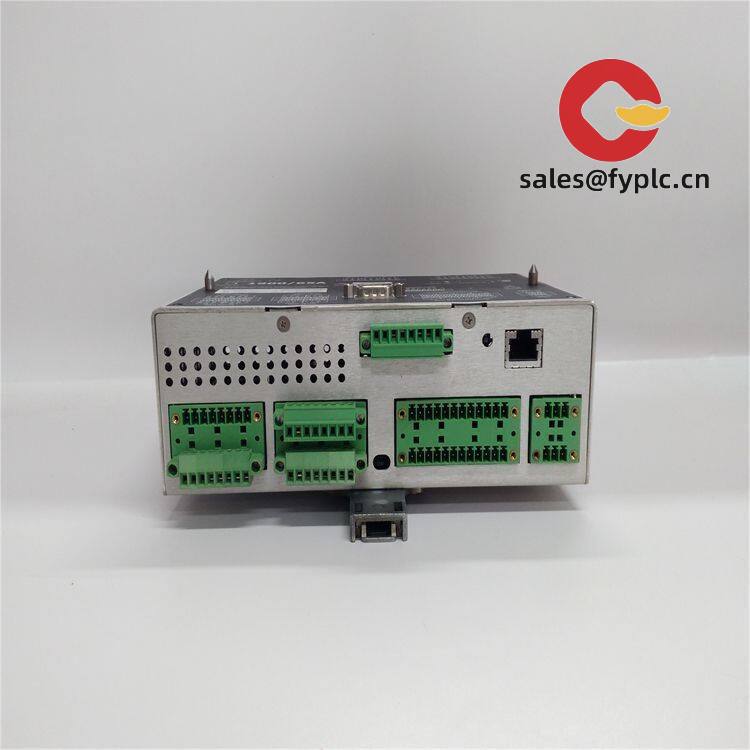
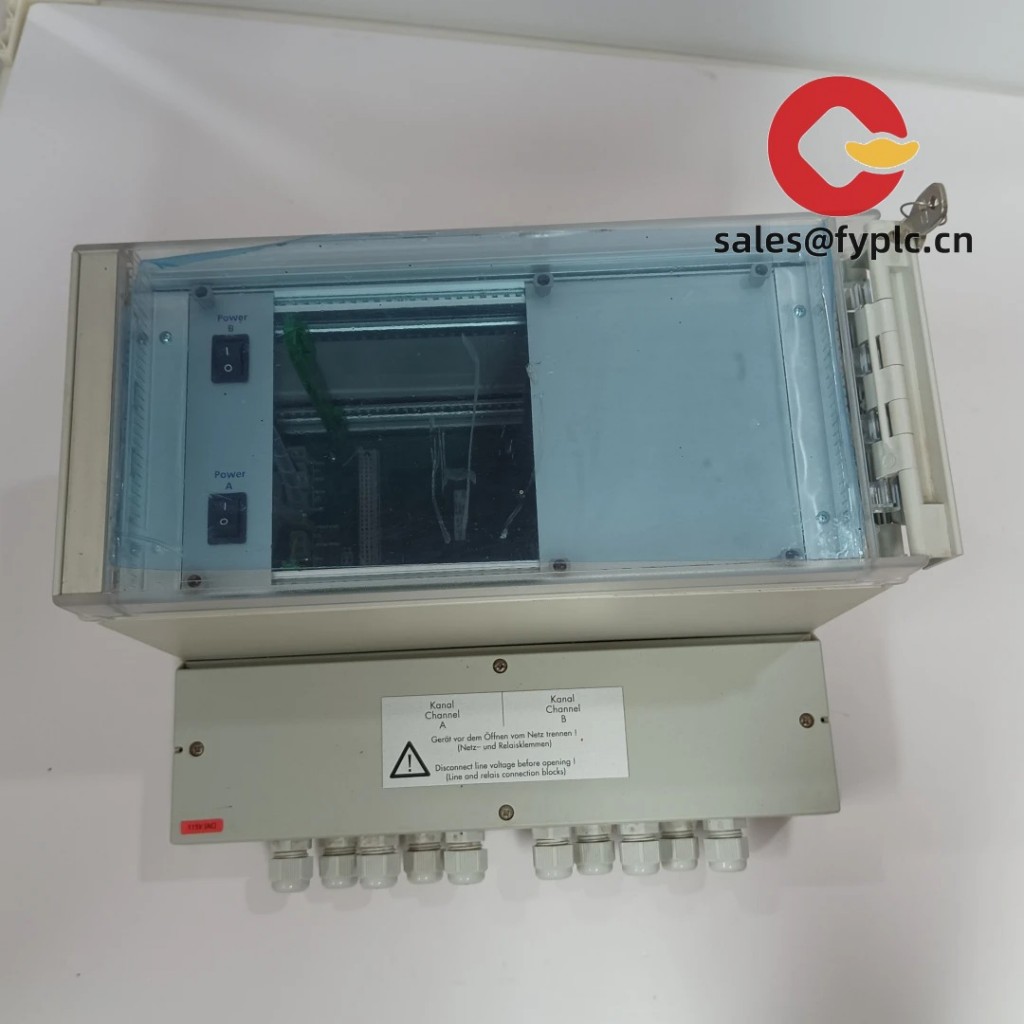
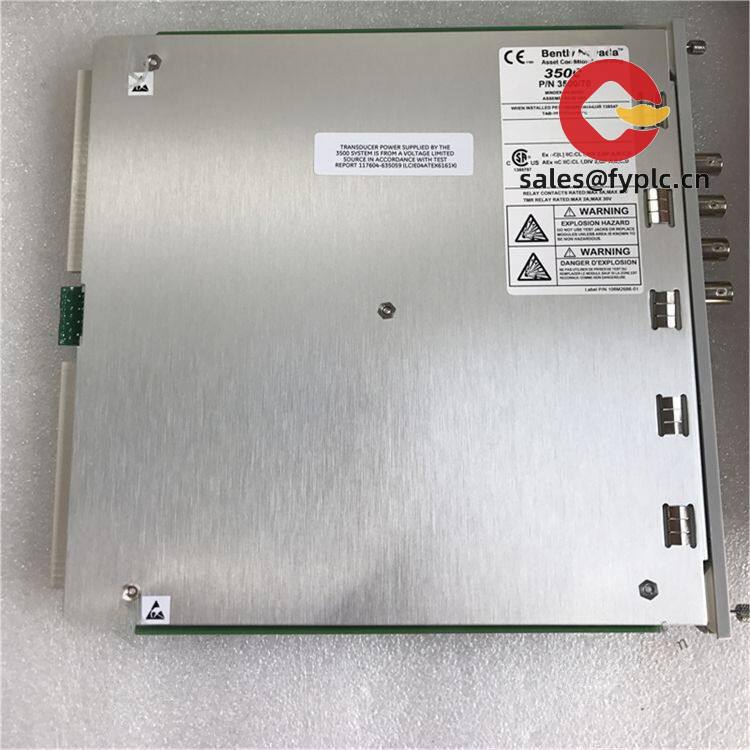

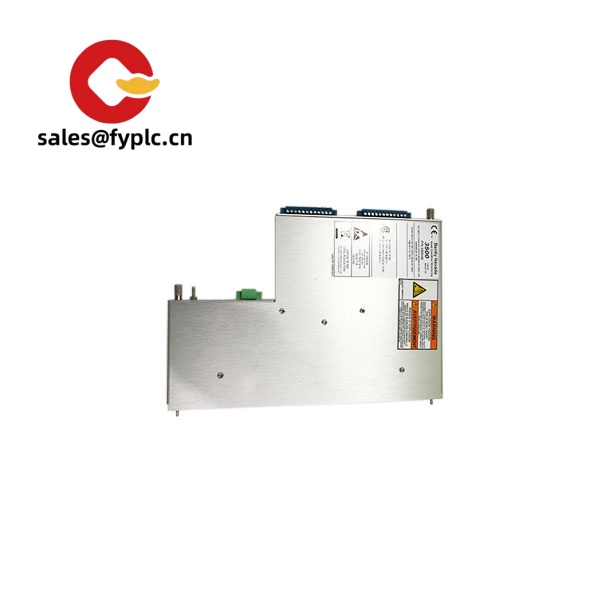
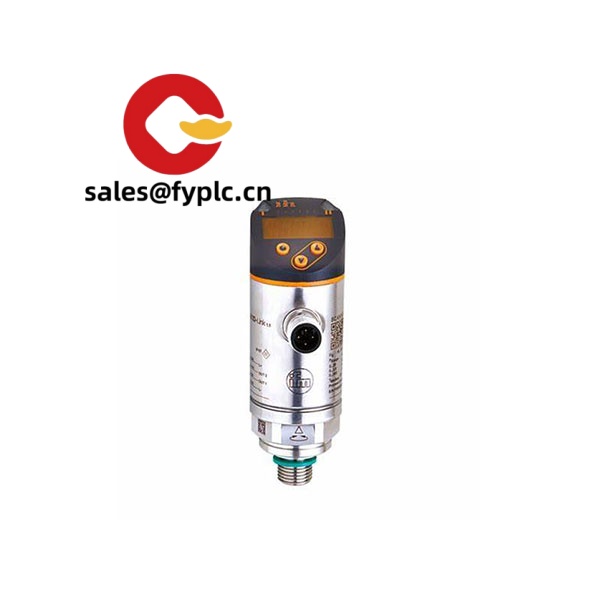
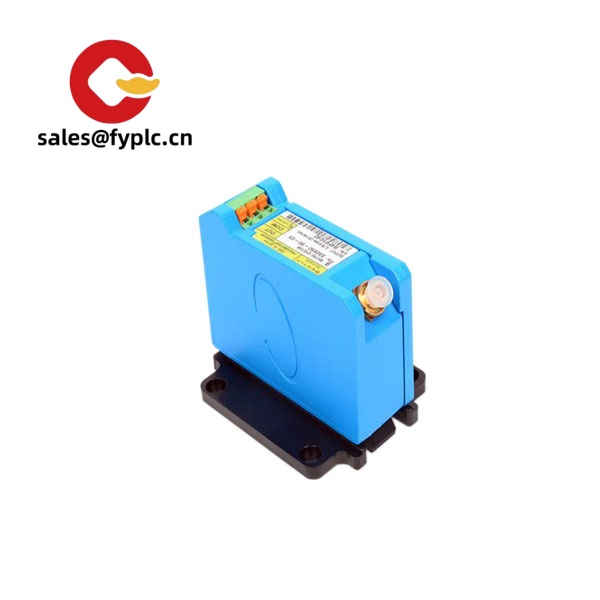
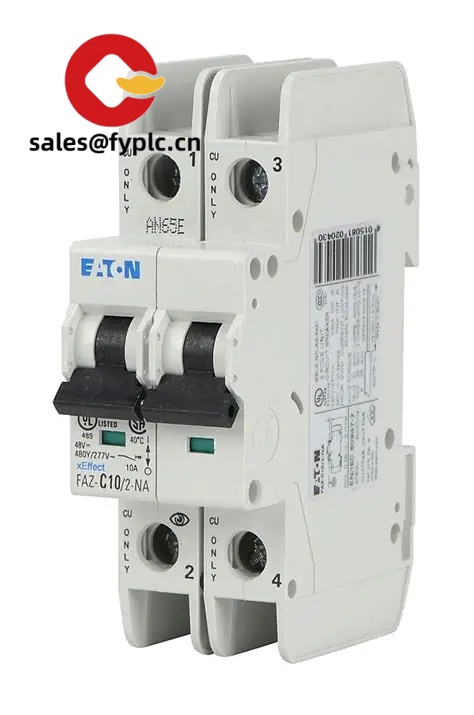
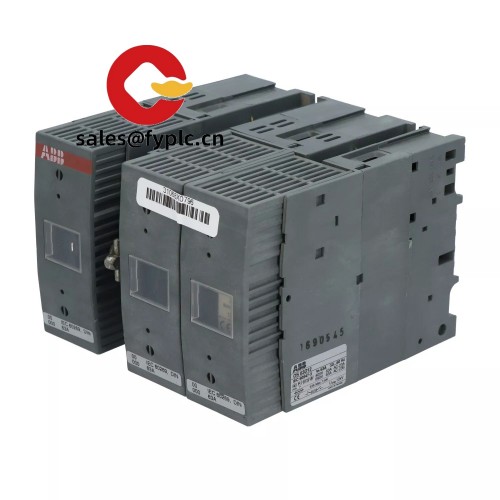
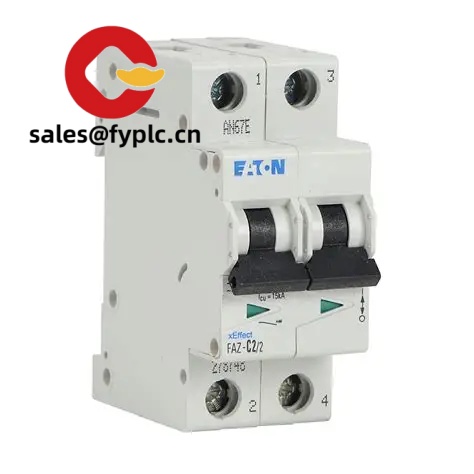
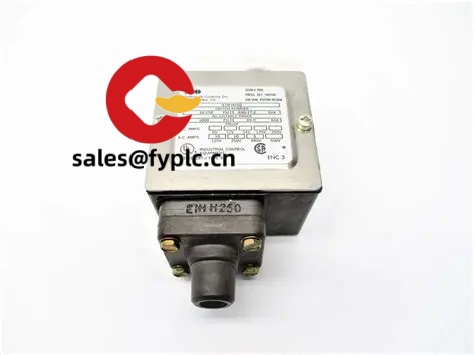
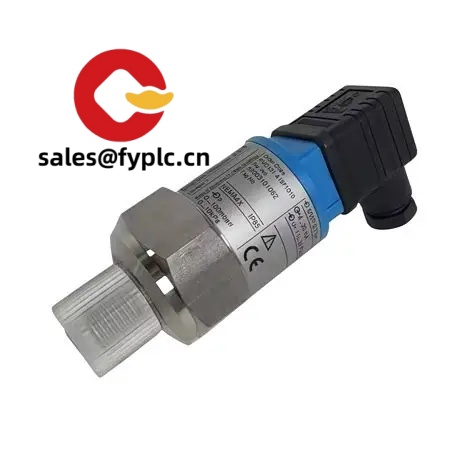


Reviews
There are no reviews yet.